RUSSIA & VIETNAM have signed a MAJOR agreement spanning trade, energy, and culture
In a significant diplomatic development, Russia and Vietnam have recently signed a major agreement that aims to strengthen their bilateral ties across multiple sectors, including trade, energy, and culture. The agreement marks a new chapter in the long-standing relationship between the two nations and underscores their commitment to expanding cooperation in key areas that have the potential to benefit both countries. As global geopolitical dynamics continue to shift, this move is seen as a strategic step that will enhance Russia’s influence in Southeast Asia and allow Vietnam to further diversify its international partnerships. With both countries looking to deepen their engagement, this comprehensive agreement promises to have lasting impacts on their economic and cultural landscapes.
Strengthening Trade Relations Between Russia and Vietnam
One of the primary goals of the agreement is to boost bilateral trade between Russia and Vietnam. Over the past few years, both countries have expressed their interest in increasing the volume of their trade, and this new deal appears to be a significant step in that direction. According to the terms of the agreement, both Russia and Vietnam have committed to reducing trade barriers, simplifying customs procedures, and creating a more favorable environment for businesses from both sides. This includes the promotion of trade in key sectors such as agriculture, technology, manufacturing, and consumer goods.
Vietnam is expected to benefit from access to Russia’s vast natural resources and industrial products, while Russia stands to gain from Vietnam’s rapidly growing consumer market and its position as a gateway to the larger ASEAN region. The agreement sets ambitious targets for increasing trade turnover in the coming years, with a particular focus on high-tech and agricultural exports. In addition, both countries plan to explore new markets for their goods and services, strengthening their economic ties not just bilaterally but within the broader context of global trade.
Energy Cooperation and Strategic Investments
Energy is another cornerstone of the agreement, with both Russia and Vietnam making strategic commitments to collaborate in this crucial sector. Russia, one of the world’s largest energy producers, has long been a key player in the global energy market, and its partnership with Vietnam offers significant opportunities for both countries. Russia has committed to providing energy resources, including oil and gas, to Vietnam, while also expanding its investments in Vietnam’s energy infrastructure.
For Vietnam, which has been seeking to diversify its energy sources, this agreement opens the door to Russian technology and expertise in the fields of energy production, energy efficiency, and renewable energy. The deal also includes provisions for joint ventures in the exploration and development of energy reserves, particularly in the South China Sea, a region of strategic importance for both countries. These collaborative efforts are expected to improve Vietnam’s energy security and allow Russia to tap into the growing energy demand in Southeast Asia.
Moreover, the agreement highlights both nations’ shared interest in expanding their collaboration in nuclear energy. Russia, with its advanced nuclear technology, is poised to assist Vietnam in building and enhancing its nuclear energy infrastructure, which will be essential to meeting the country’s growing energy needs in the coming decades. By aligning their interests in this sector, both countries aim to solidify their positions as key players in the global energy market.
Cultural and Educational Exchanges
In addition to the economic and energy sectors, the agreement also emphasizes the importance of cultural and educational exchanges between Russia and Vietnam. Both countries recognize the value of fostering deeper cultural understanding and cooperation, which can help strengthen their bilateral relationship in the long run. The agreement includes provisions for the exchange of students, scholars, and artists, as well as the promotion of cultural festivals, art exhibitions, and performances that showcase the unique heritage of both nations.
Russia has a rich cultural history that could greatly benefit Vietnamese citizens, and through the exchange of cultural knowledge, both countries stand to enrich their societies. Additionally, educational programs and joint research initiatives are expected to flourish as part of this agreement. This will not only help bridge gaps in knowledge but also foster greater people-to-people connections, creating lasting bonds between the younger generations of both nations.
Geopolitical Implications of the Agreement
The timing of this agreement is significant given the broader geopolitical context in which it occurs. Both Russia and Vietnam have long maintained independent foreign policies, and this agreement further solidifies their mutual desire to cooperate in a world where global alliances are often shifting. The agreement also highlights the growing importance of Southeast Asia as a region for global economic growth, and Russia’s desire to strengthen its influence in this area is evident.
For Vietnam, expanding its relationship with Russia serves as a way to diversify its foreign policy and reduce its dependency on any one country, particularly China, with which it shares a long and often contentious border. By deepening its ties with Russia, Vietnam gains access to an important new partner that provides both strategic and economic opportunities, balancing out its other international relationships.
For Russia, this agreement represents a valuable opportunity to enhance its presence in Southeast Asia and build stronger ties with ASEAN countries. This could prove especially beneficial as Russia looks to increase its economic and political influence in the region, particularly in the face of competition from the United States and China. The partnership with Vietnam also provides Russia with a strong foothold in a rapidly growing market, furthering its long-term strategic goals in Asia.
Looking Toward the Future
As Russia and Vietnam look ahead, both nations are optimistic about the potential for their cooperation to bring mutual benefits. The agreement is seen as a comprehensive roadmap for expanding collaboration in a range of sectors that are crucial to their future prosperity. From trade and energy to culture and education, both Russia and Vietnam are positioning themselves to become closer allies with a shared vision for growth and development.
The commitment to this agreement sends a strong message to the international community that both Russia and Vietnam are ready to forge stronger ties and cooperate on a global scale. As the world continues to evolve and face new challenges, these types of strategic partnerships will be crucial in ensuring that both nations are able to navigate the complexities of the 21st century.
In the coming years, the true impact of this agreement will be revealed, and it is likely that the collaboration between Russia and Vietnam will serve as a model for other nations seeking to enhance their bilateral relationships. Whether in trade, energy, or cultural exchange, this partnership is poised to play a significant role in shaping the future of both countries.
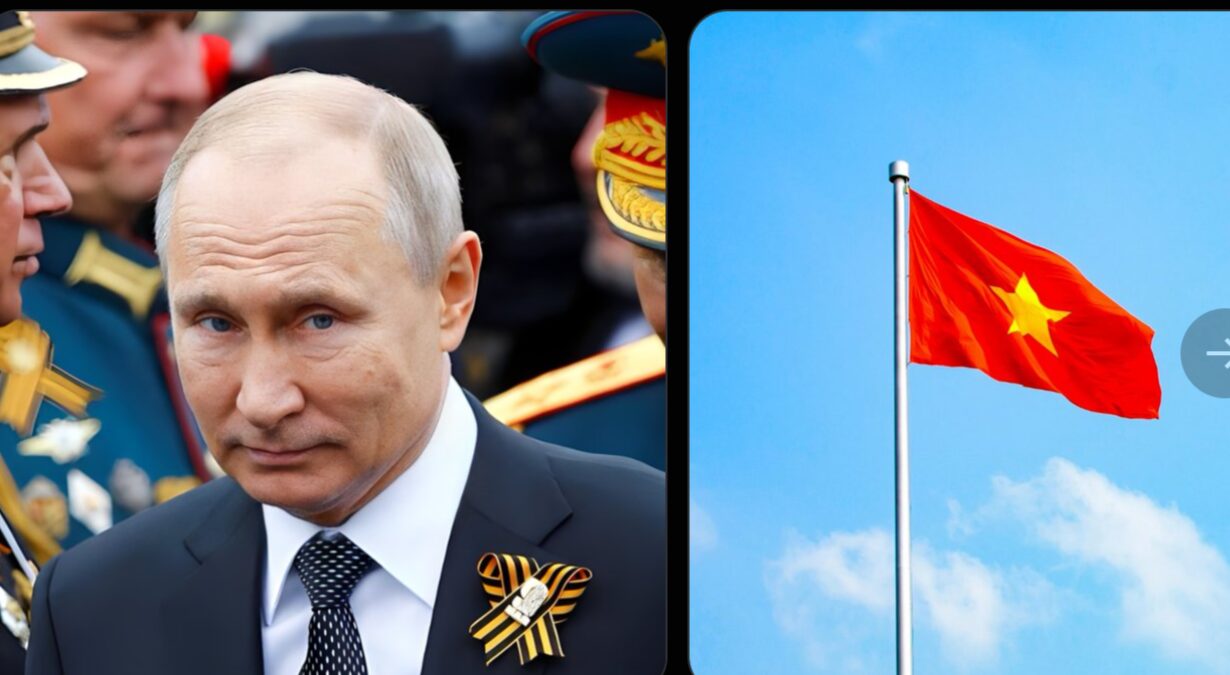
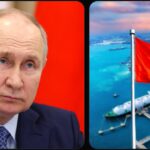
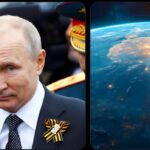

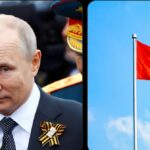
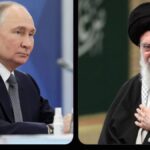
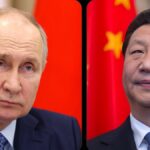

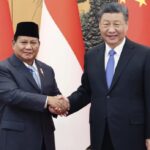








Post Comment